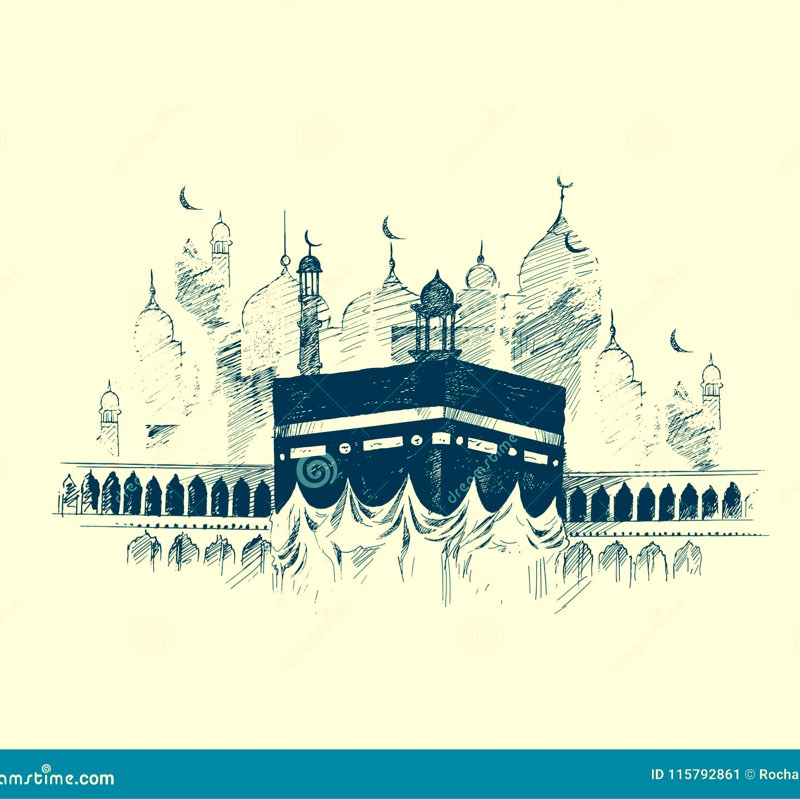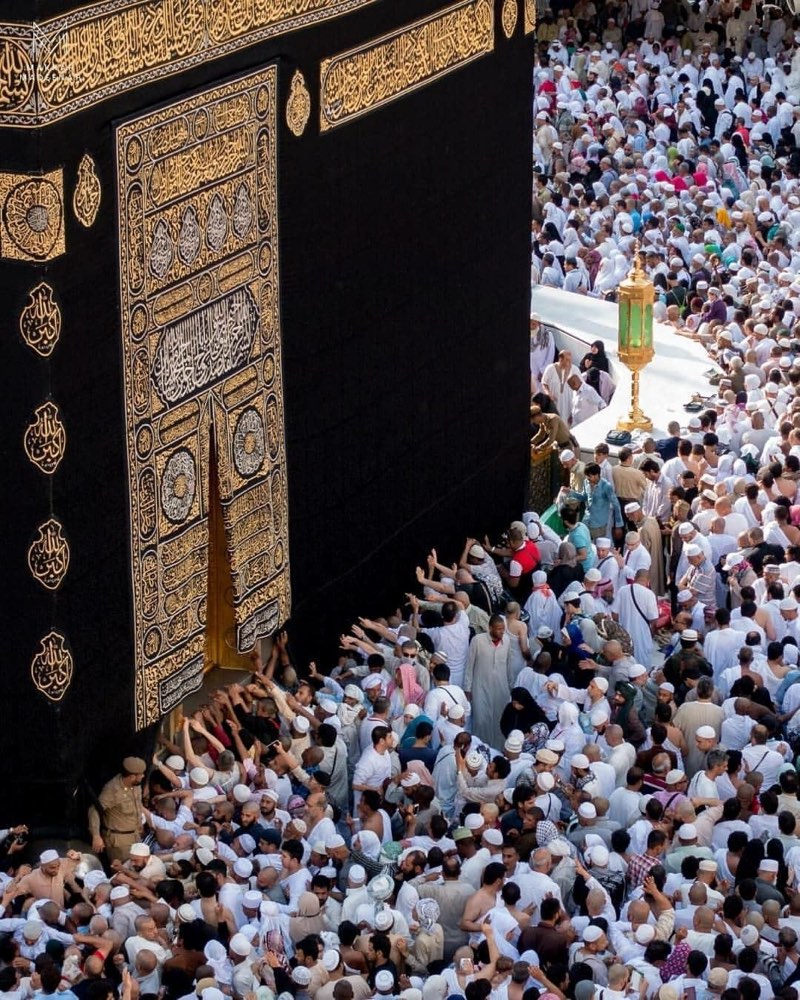The Argument Linking the Prophethood of Muhammad to Hagar's Prophecy and Its Distinction from the Torah-Associated Hebrew Prophets
Introduction
The argument posited by proponents who link the prophethood of Muhammad to the prophecy associated with Hagar, the mother of Ishmael, presents a significant theological discourse that contrasts with the Hebrew prophetic tradition rooted in the Torah. This argument asserts that Muhammad's prophetic lineage, connected to a pre-Torah prophecy, stands in contrast to the Hebrew prophets, whose authority is fundamentally tied to the Mosaic covenant and the laws of the Torah. Consequently, Muhammad's prophethood is perceived as independent of the Torah's legal constraints, setting it apart from the prophetic tradition of figures such as Moses and Jesus.
1. Pre-Torah Origins of Hagar's Prophecy
Advocates of this perspective emphasize that Hagar’s prophecy, as recorded in Genesis 21:18, precedes the Mosaic covenant and the formalization of the Torah. This prophecy concerns Ishmael, the son of Hagar, who is promised by God to become a "great nation." The chronological precedence of this prophecy is significant because it predates the Torah, traditionally attributed to Moses and his time, thus establishing a separate and independent line of divine promise and covenant. This early prophetic declaration regarding Ishmael is interpreted by proponents as laying the foundational basis for the emergence of Muhammad’s prophethood, which they argue is a fulfillment of this ancient divine promise.
2. Reiteration and Fulfillment in Islamic Rituals
The Torah briefly reiterates the prophecy concerning Hagar and Ishmael; however, proponents argue that its true fulfillment is evident in the rituals of Islam, particularly the Hajj pilgrimage. The Hajj, an obligatory religious duty for Muslims, includes several rituals directly connected to the legacy of Hagar and Ishmael, such as the Sa’i (running between the hills of Safa and Marwah) and the Zamzam well. These rituals are seen as a living testament to Hagar’s prophecy, signifying its enduring relevance and fulfillment within Islamic tradition. In this context, the Hajj is viewed not merely as a ritual observance but as a profound embodiment of the prophecy that links Muhammad’s prophethood to the Abrahamic legacy through Hagar and Ishmael.
3. Marginalization by Ancient Israelite Scribes
Proponents also argue that the significance of Hagar and Ishmael has been historically marginalized by ancient Israelite scribes. This marginalization, they suggest, was driven by theological and political motives aimed at elevating the lineage of Isaac and the Israelite people over that of Ishmael. The narrative construction in the Hebrew Bible, therefore, is seen as selectively emphasizing aspects favorable to the Israelite lineage, while downplaying the significance of Ishmael. This perceived marginalization is viewed as an attempt to confine the scope of the Abrahamic covenant to the descendants of Isaac, thereby limiting the broader universal implications of the divine promises made to Hagar and Ishmael.
Contrast with Hebrew Prophets
1. Association with the Torah
Hebrew prophets are intrinsically linked to the Torah, which serves as the foundation of their prophetic authority. The Torah, revealed to Moses at Mount Sinai, contains the laws, ethical teachings, and covenantal stipulations that Hebrew prophets were charged with upholding, interpreting, and enforcing. This connection establishes a continuous line of prophetic tradition rooted in the Mosaic covenant, which is central to the religious identity and legal framework of the Jewish people.
2. Muhammad's Independent Prophetic Lineage
In contrast, Muhammad’s prophethood is associated with the Abrahamic covenant as it pertains to Ishmael, rather than the Mosaic covenant. This distinction is pivotal in Islamic theology, which views Muhammad’s message as both a continuation and fulfillment of the Abrahamic faith, yet distinct from the legalistic and ritualistic practices prescribed in the Torah. Muhammad’s revelation, embodied in the Qur’an, is thus seen as universal in its scope, intended for all of humanity rather than being confined to the specific legal and ritual obligations of the Jewish people. This universalist perspective underscores the idea that Muhammad’s prophethood is part of an independent prophetic lineage that transcends the particularities of the Mosaic law.
Theological Implications
1. Universal Prophetic Tradition
The association of Muhammad with a prophecy that predates the Torah supports the argument for a universal and ongoing prophetic tradition. This perspective posits that divine guidance has been continuous and inclusive, manifesting in various forms throughout human history. By situating Islam within this broader prophetic tradition, proponents emphasize the continuity of divine revelation from the time of Abraham through Muhammad, thereby challenging the exclusivity of the Mosaic covenant and its prophetic lineage.
2. Distinct Covenants
The argument also draws attention to the existence of distinct covenants within the Abrahamic religions. While Hebrew prophets operate within the framework of the Mosaic covenant, with its specific laws and obligations, Muhammad is seen as part of the covenant given to Abraham through Ishmael. This theological distinction reinforces the notion that different prophetic traditions are validated by separate covenants, each contributing to the broader narrative of Abrahamic faiths. Muhammad’s prophethood, therefore, is understood as fulfilling the divine promise made to Ishmael, independent of the covenant established through Moses and the Torah.
Conclusion
In summary, the argument linking Muhammad’s prophethood to Hagar’s prophecy highlights its pre-Torah origins, its fulfillment in Islamic rituals such as the Hajj, and the marginalization of Hagar’s significance in the Hebrew Bible. This perspective contrasts Muhammad’s universal and independent prophetic lineage with the Hebrew prophets’ association with the Torah, emphasizing the existence of distinct covenants within the broader framework of Abrahamic traditions. Ultimately, this argument situates Muhammad’s prophethood within a universal and ongoing prophetic tradition that transcends ethnic and religious boundaries, underscoring the continuity of divine guidance across time and space.


